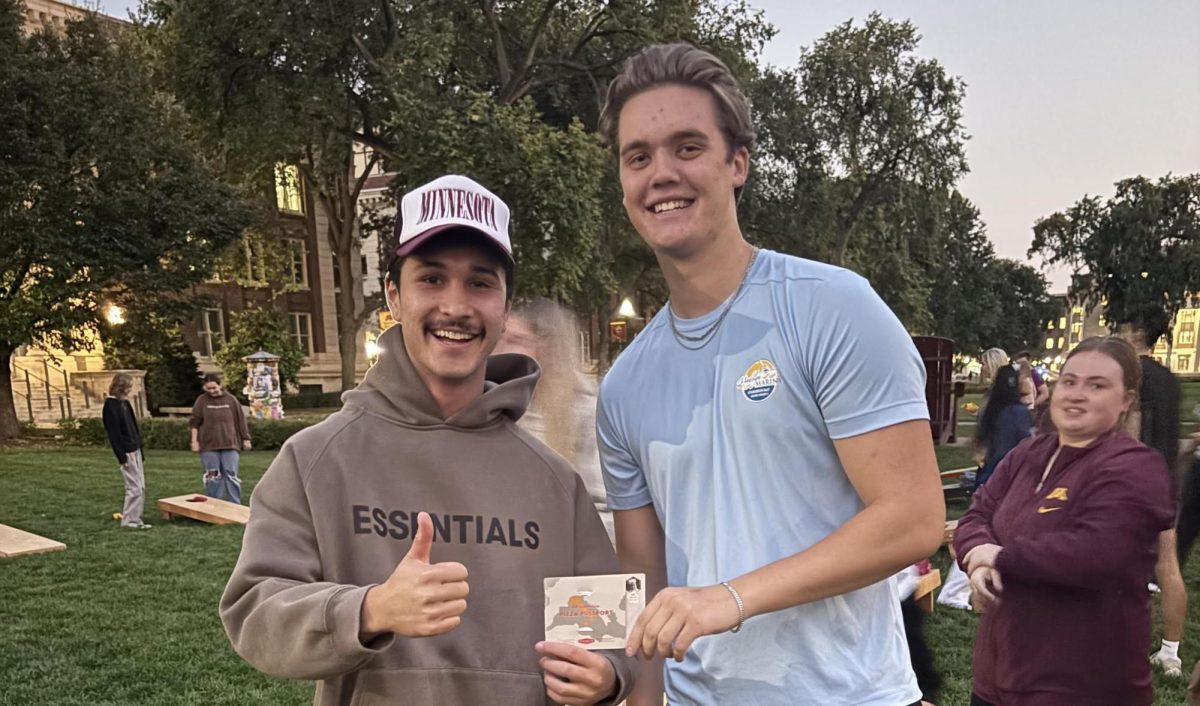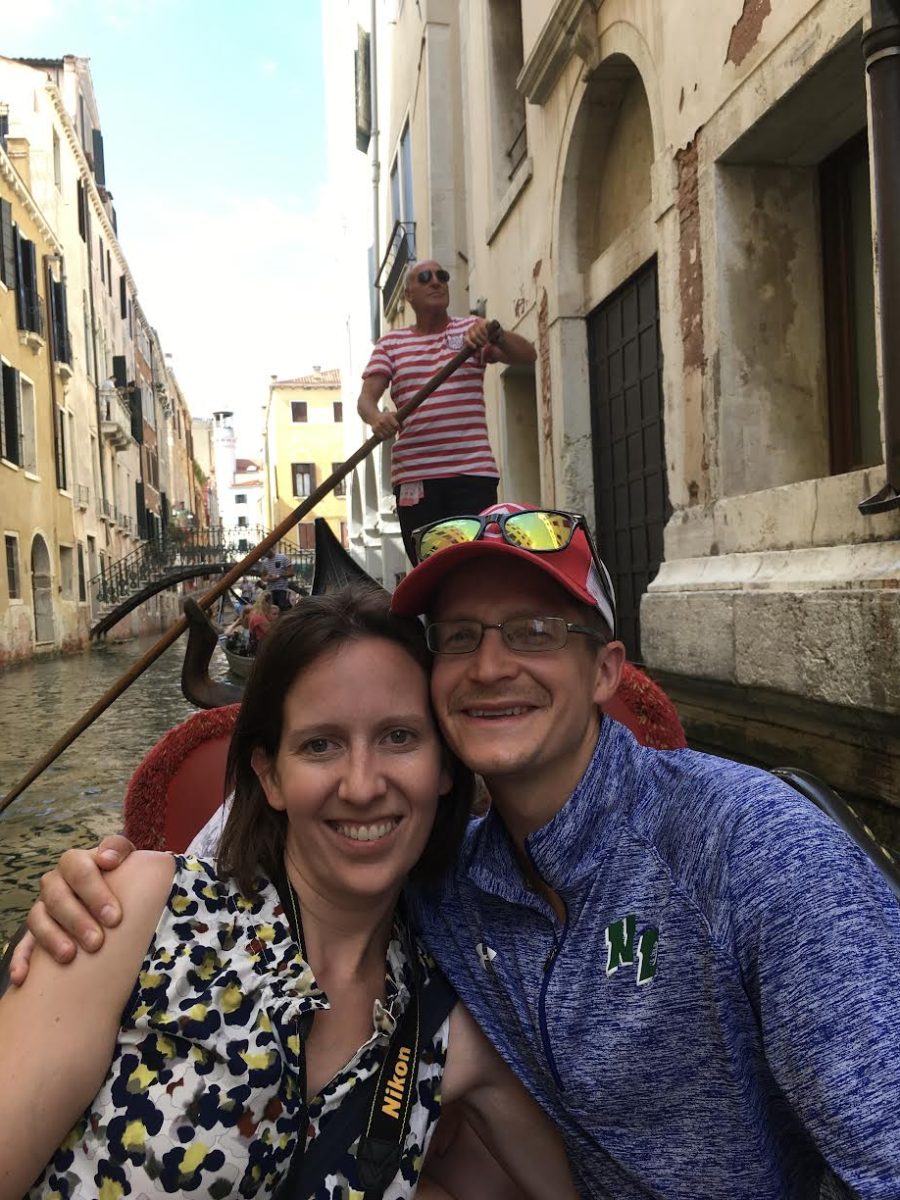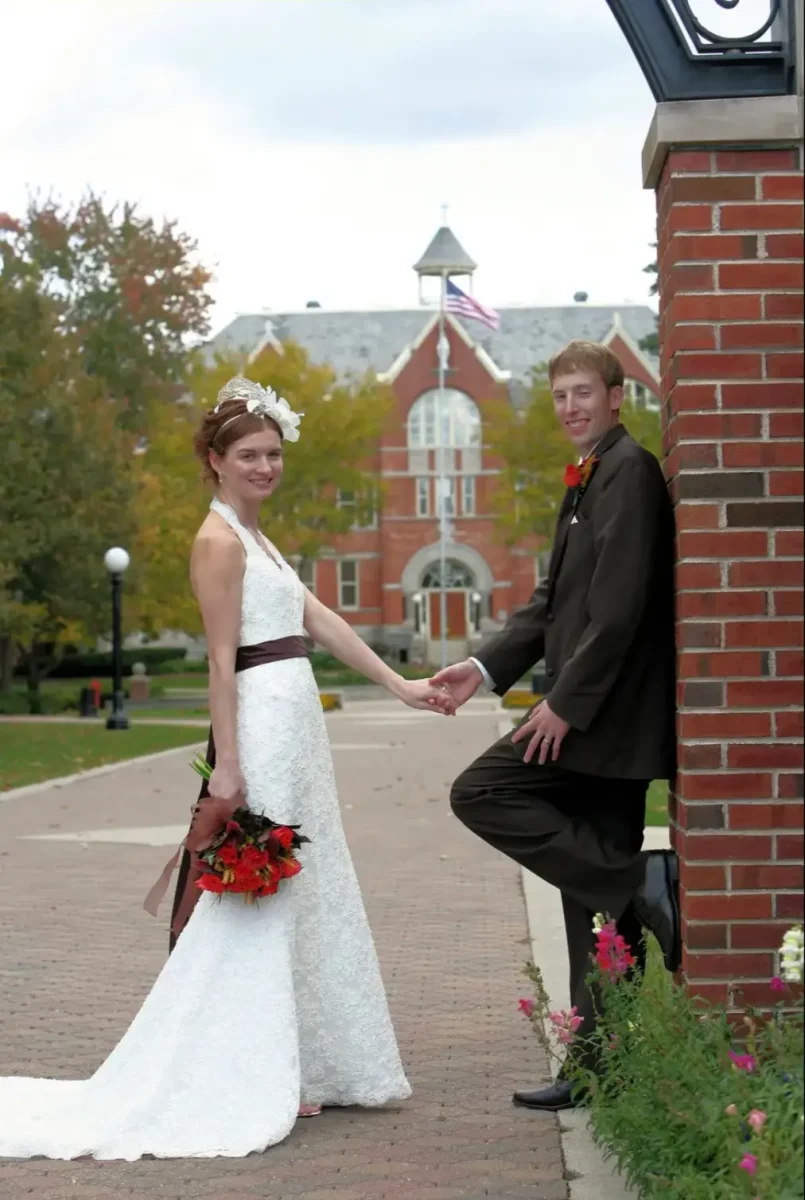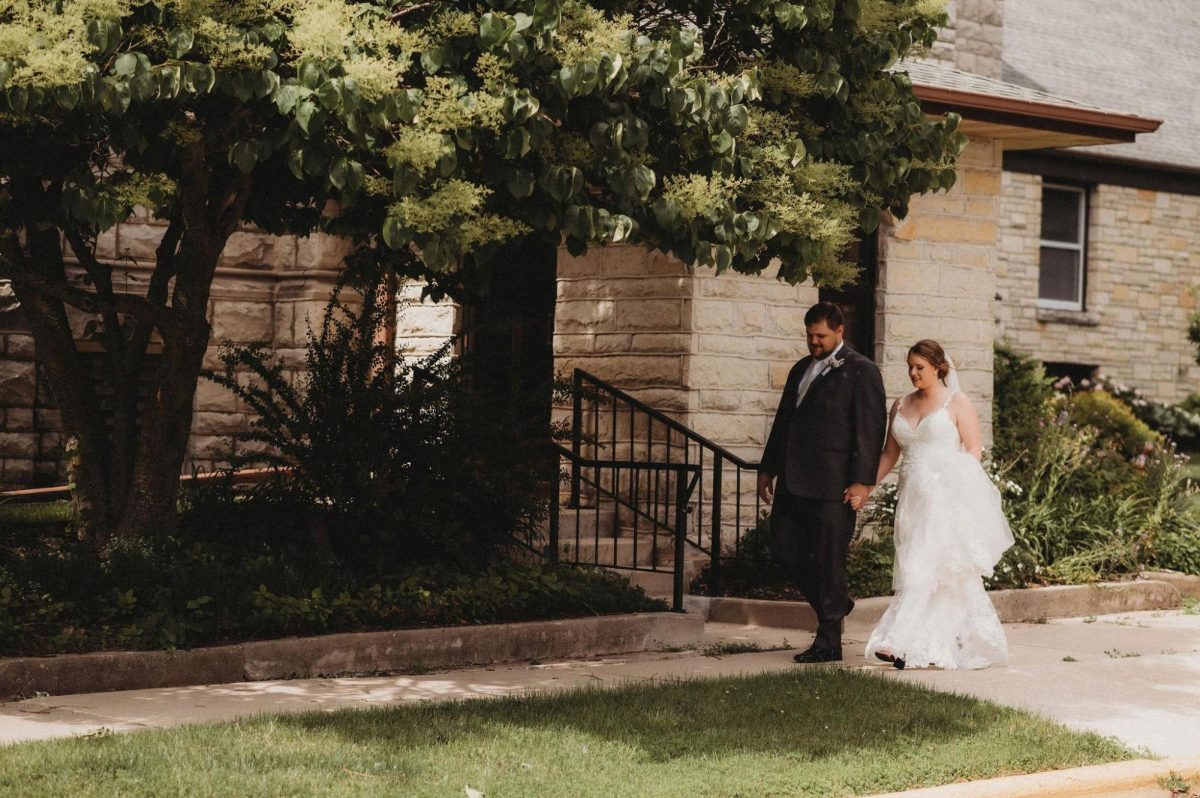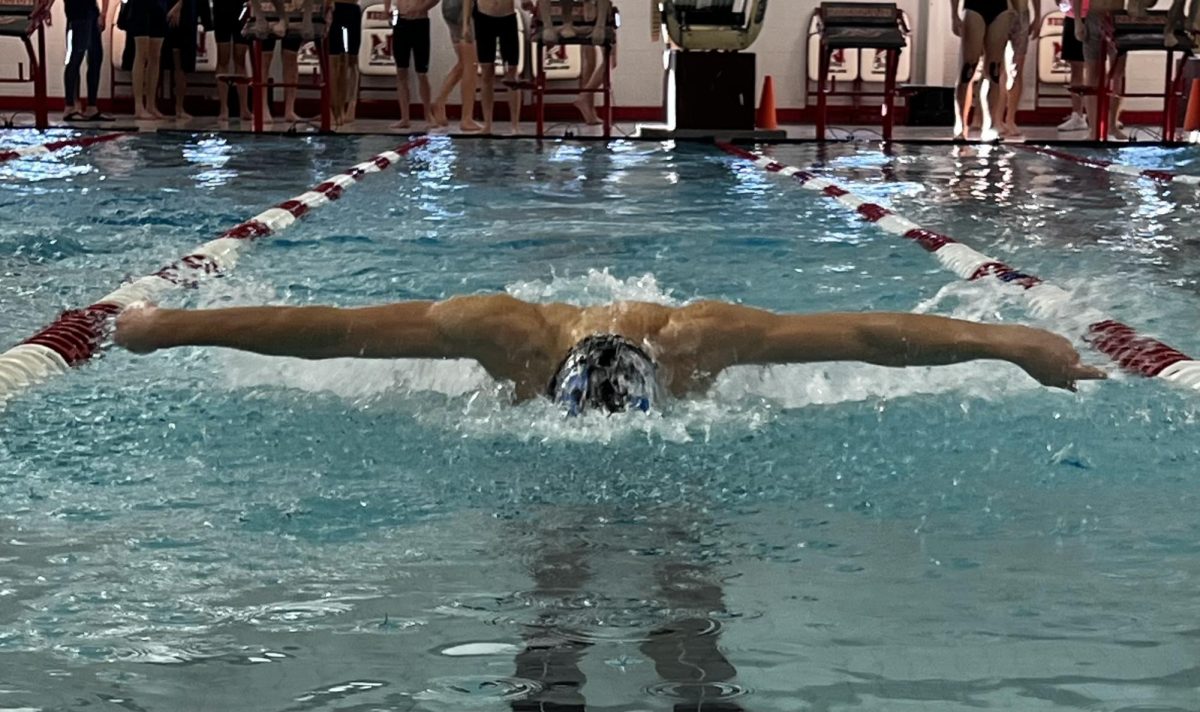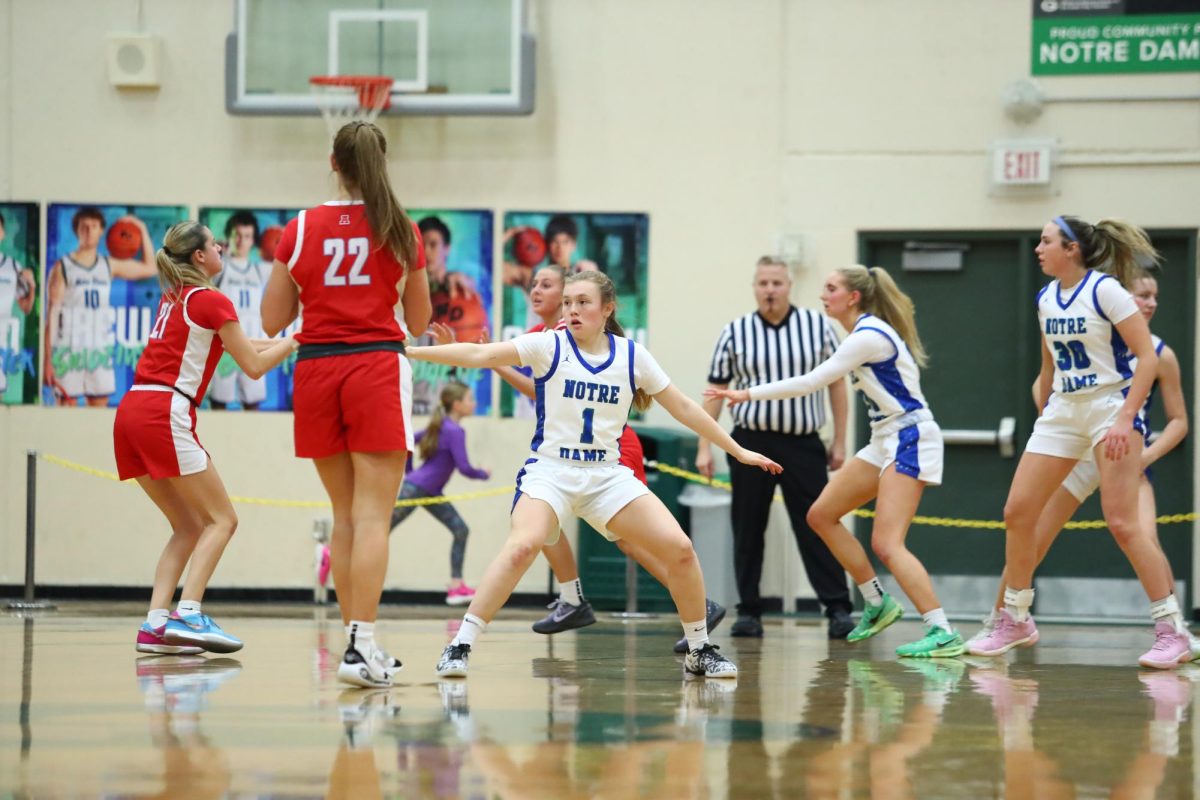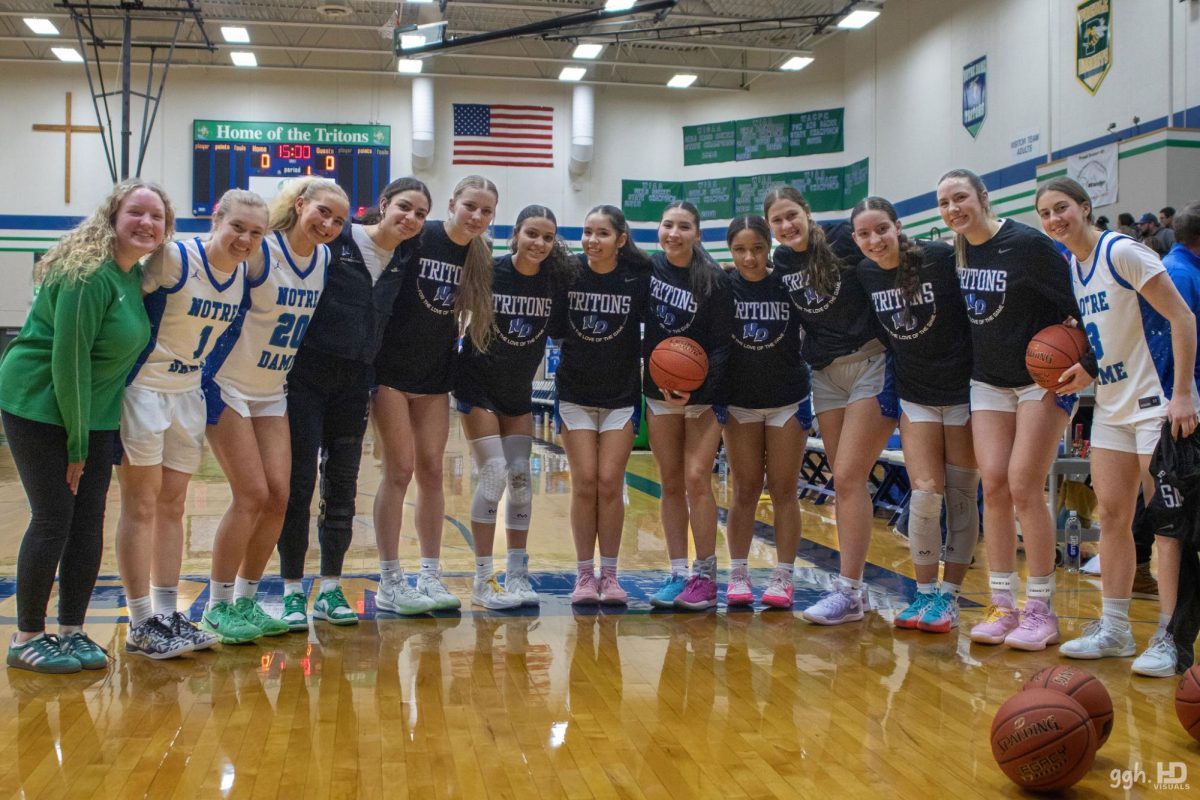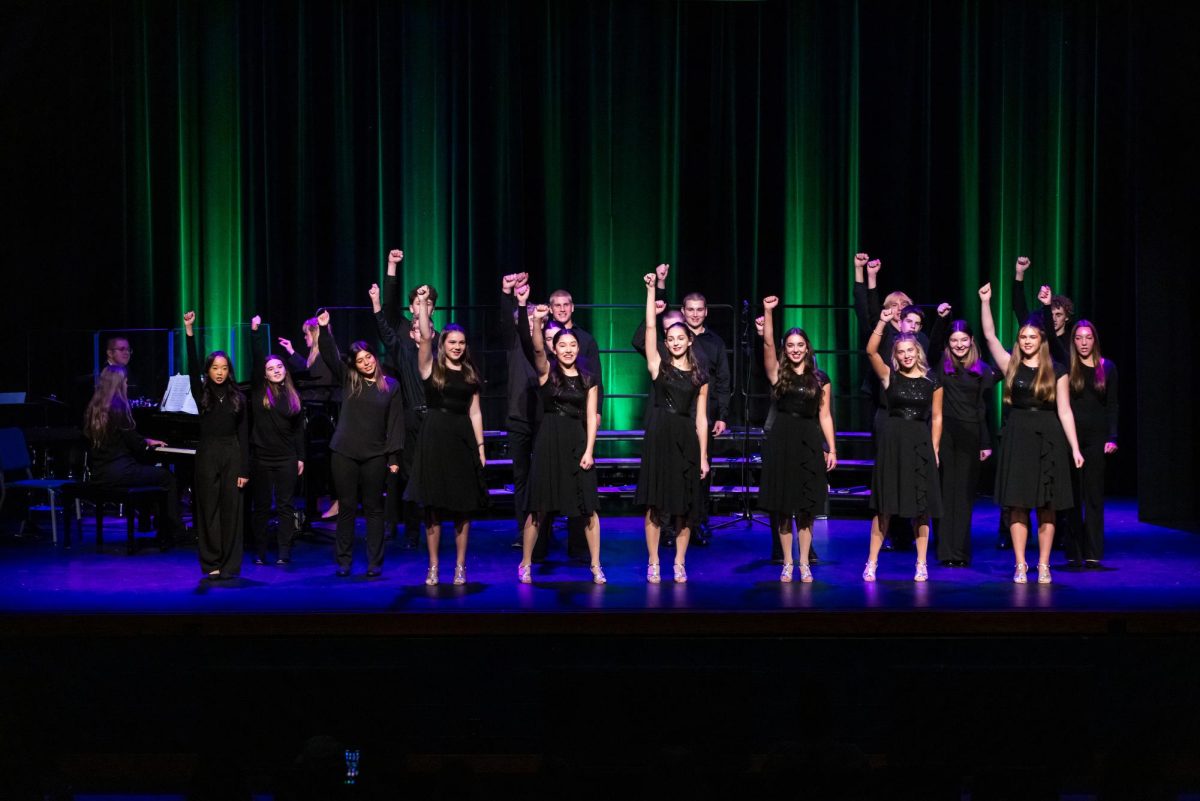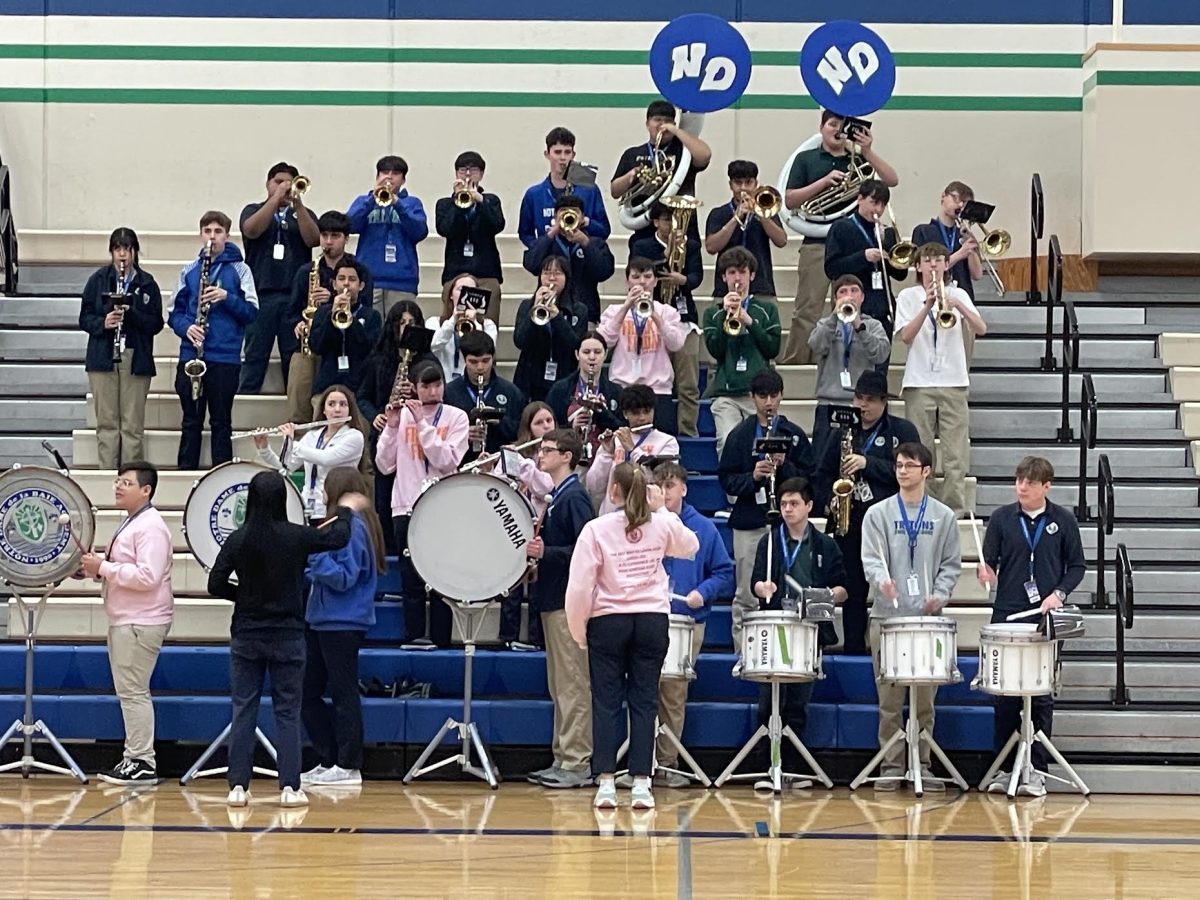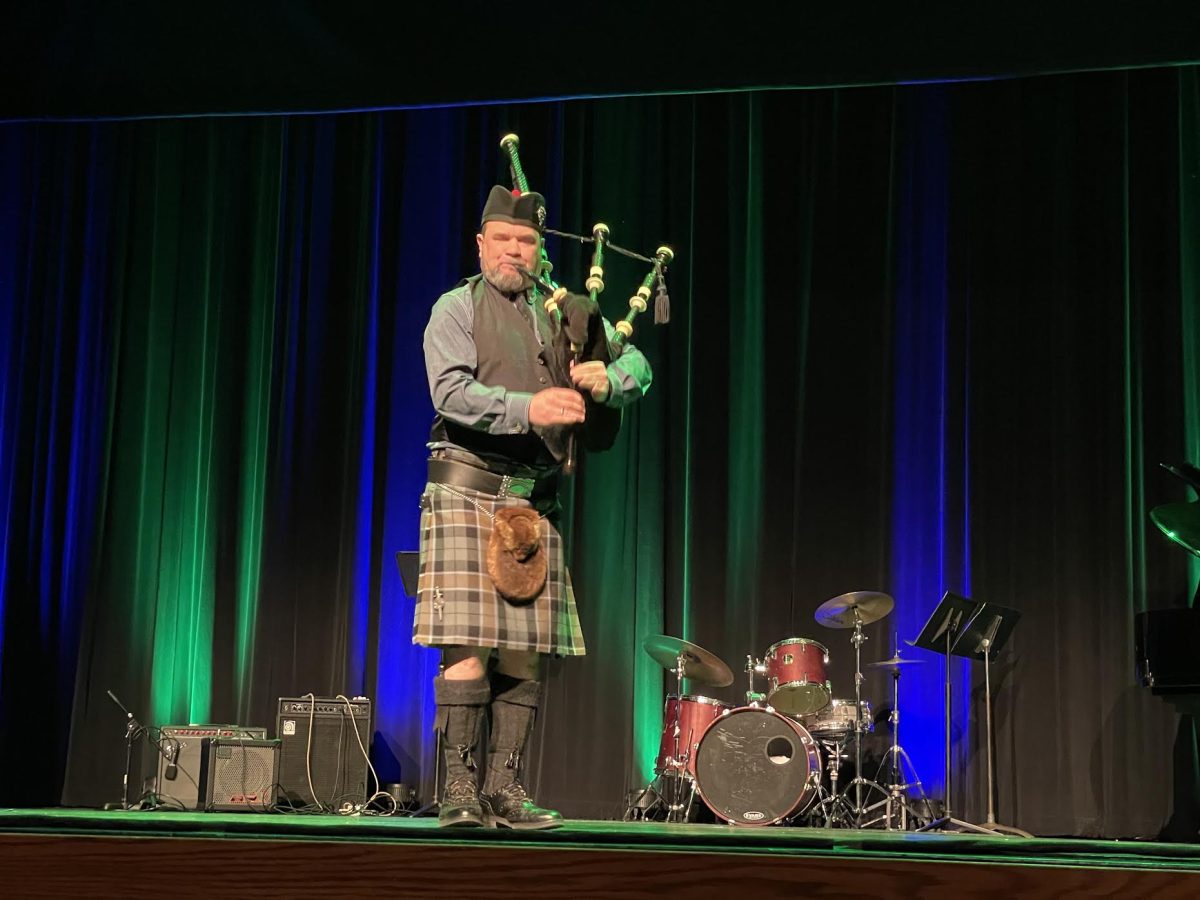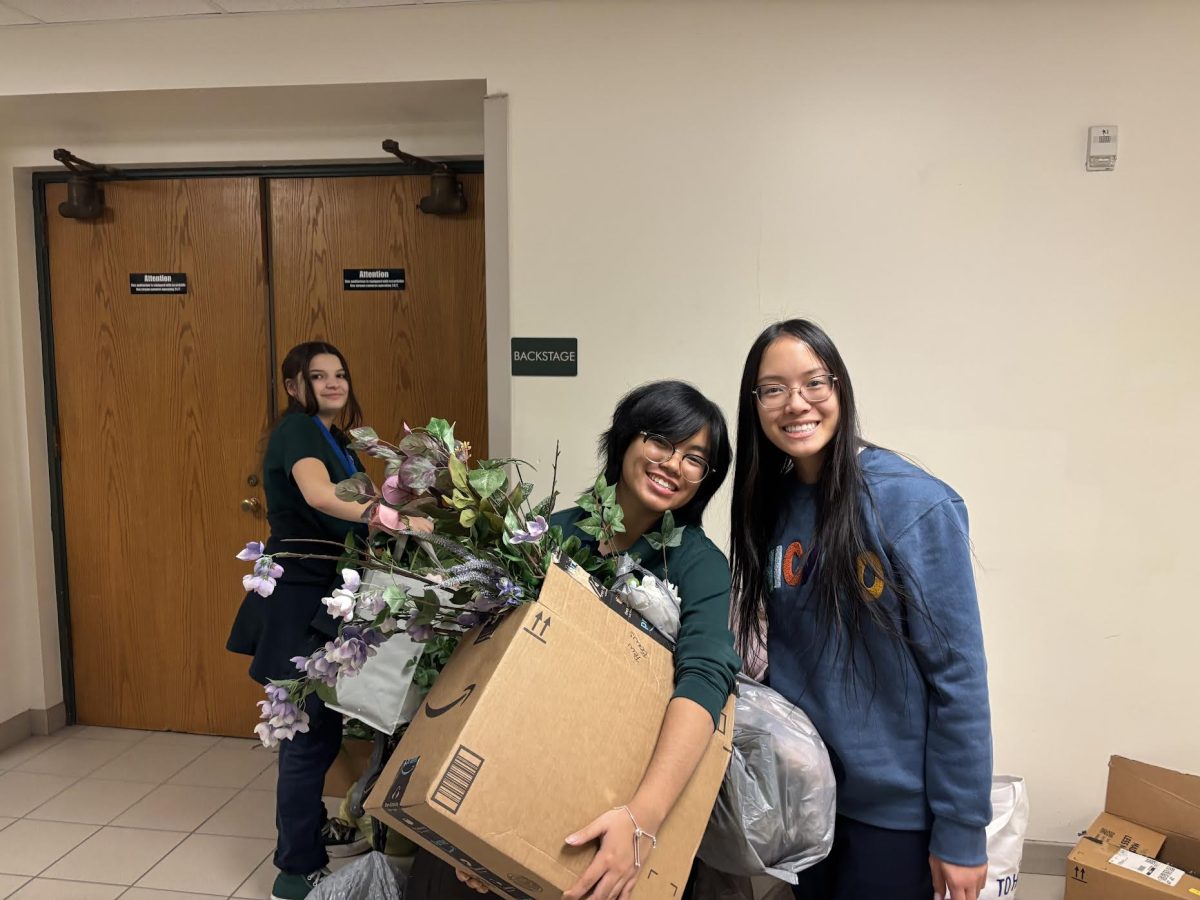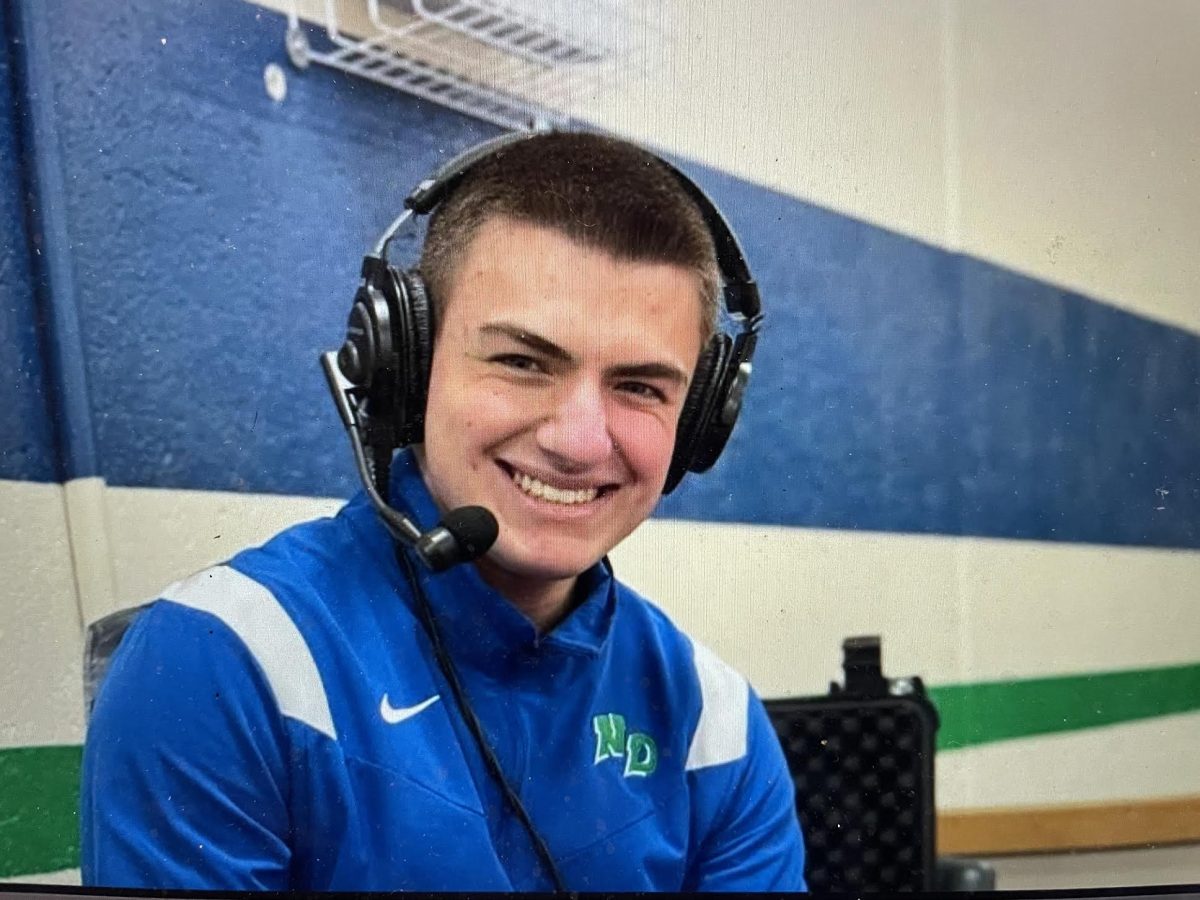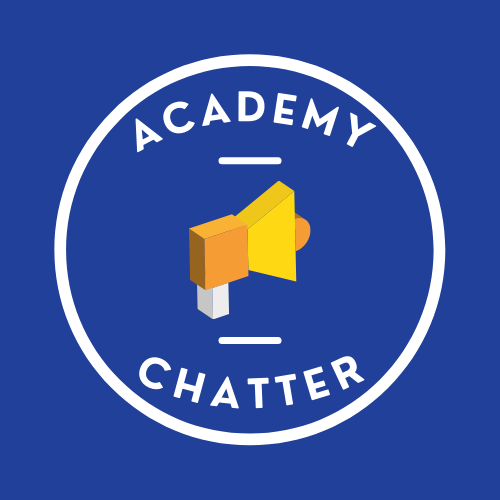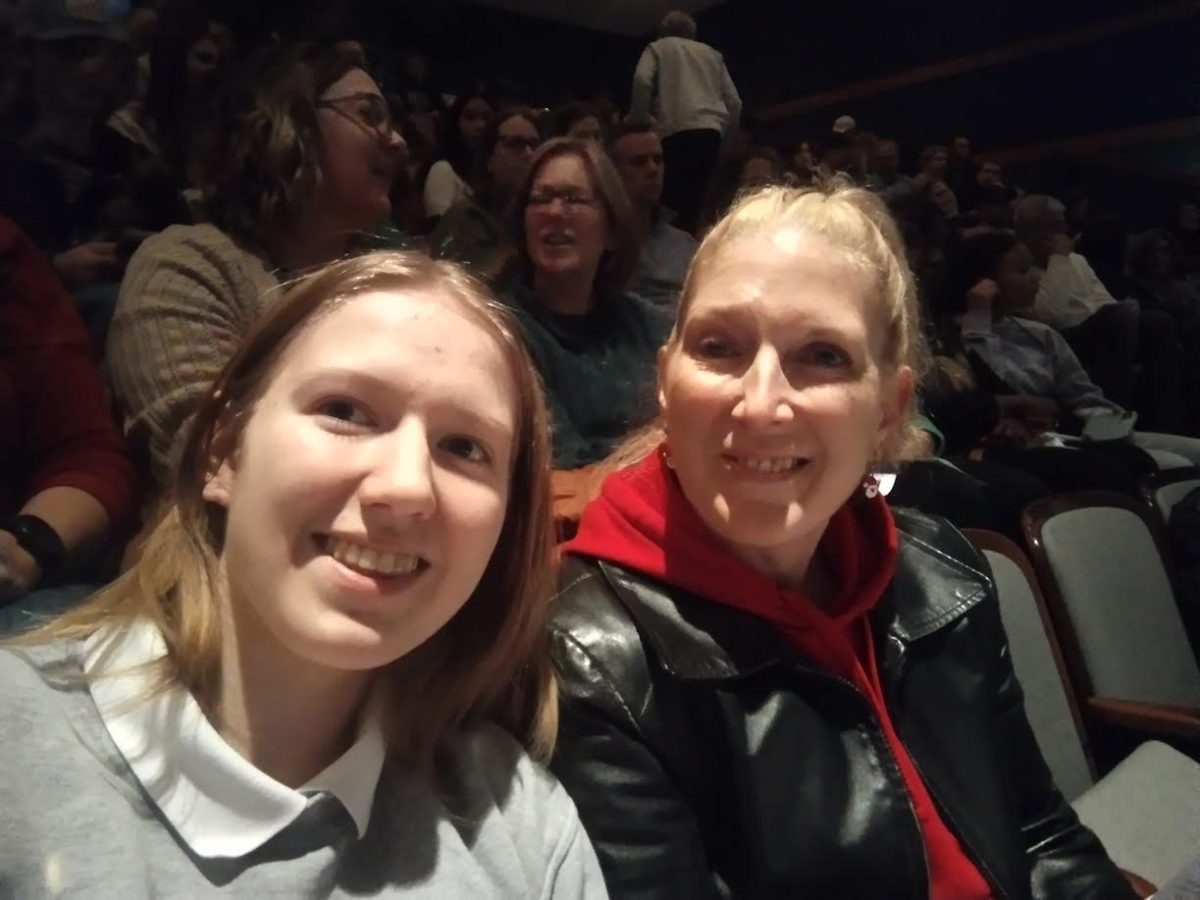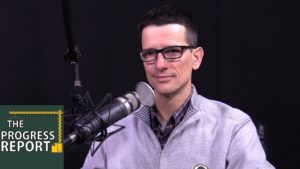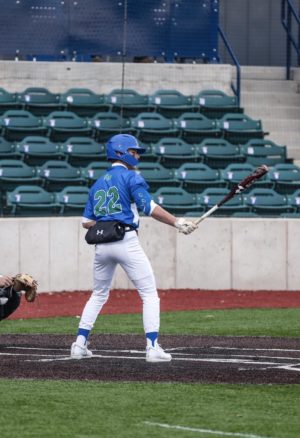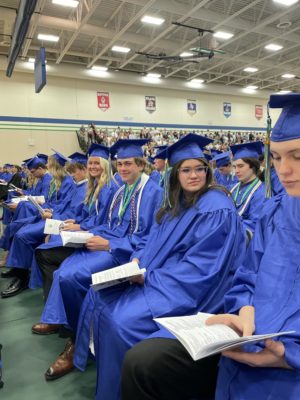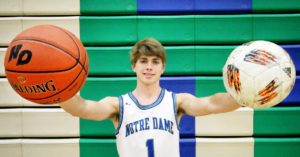Diego Mendoza Finds ‘Happiness’ Amidst Poverty of South Africa
September 26, 2016
Senior Diego Mendoza reflected on his service trip to South Africa this past summer.
Q. What did you do on your service trip this summer?
“I spent three and a half weeks in South Africa through a program called the Council on International Educational Exchange (CIEE). The program was called ‘Education as a Human Right’ and consisted mostly of impact projects to form bonds with South African students and provide for these students attending underdeveloped schools. The first four days I spent in Johannesburg. There we got to know the other students of the trip and learn the foundation of the Apartheid system which implemented racial segregation and discrimination in South Africa until 1994. Then we travelled to Cape Town for the remainder of the trip where we attended several schools and community centers for the next few weeks–making food, teaching classes, playing games with the children and talking with students living in some of the most dangerous communities in South Africa. Additionally, we attended places of revolutionary events including Robben Island (where Mandela was incarcerated for 27 years), Soweto (where some of the first images of Apartheid uprisings were taken) and Gugulethu (where Amy Biehl, an American student, was killed during the final years of the Apartheid uprisings). We also spent a lot of time relaxing at the waterfront, hiking and even went on a safari!”
Q. What was your most valuable experience from this trip?
“The most valuable experience for me was one day where my friends, and I delivered soup in a very underdeveloped community outside of Cape Town. It was downpouring and each of us was carrying a 10-liter cooking pot filled to the brim with near-boiling soup as we hiked through mud from door to door. The houses were made out of car parts, old construction material, and dirt and had no heating, running water or electricity. What we learned is that the people were happy: they were so gracious to take a few cups of soup for the day and to meet people who were helping out. They allowed us into their homes and offered us the little tea or food they could spare. We were encouraged to ask freely and when we replied if they were happy they all replied ‘yes.’ It taught us that even in the most dire circumstances, people can find happiness. I think this emotion was highlighted at the end of the day when the sun was setting; as we walked outside, there was a giant rainbow above the entire community.”
Q. What motivated you to do this?
“I’ve always been fascinated with African culture, and it’s something I wasn’t as familiar with so I knew I wanted to travel someplace in Africa. However, I’m also very interested in politics, particularly regarding civil/human rights and equality and so ‘Education as a Human Right’ was something I knew I wanted to participate in as soon as I saw the opportunity. I also knew that although Nelson Mandela made incredible changes for the lives of non-white Africans, there is still much work to be done, and I felt privileged to continue work in his footsteps.”
Q. What is your biggest takeaway from this experience?
“While many people I worked with were financially or materialistically poor, I found that they were so rich with happiness. I worked with a lot of high school students from Cape Town that, while I helped cook food for or helped build a new classroom for their school, were just a normal teenagers like myself that wanted to get to know people of different backgrounds. This helped me realize that to truly understand the world, I need to get out of my comfort zone and experience the lives of others, not just as a ‘service worker,’ but as a friend who can relate to them from one human to another.”
Q. Would you ever do something like this again?
“Yes, but next time as program leader. I want to travel to places that need help and act as mentor to students who may be going to another country for the first time so they can learn from my experience. I would recommend for everyone to apply to programs like these because they don’t have to be expensive! Many offer really great scholarships and offer tools to help fundraise for your own trip as well.”



